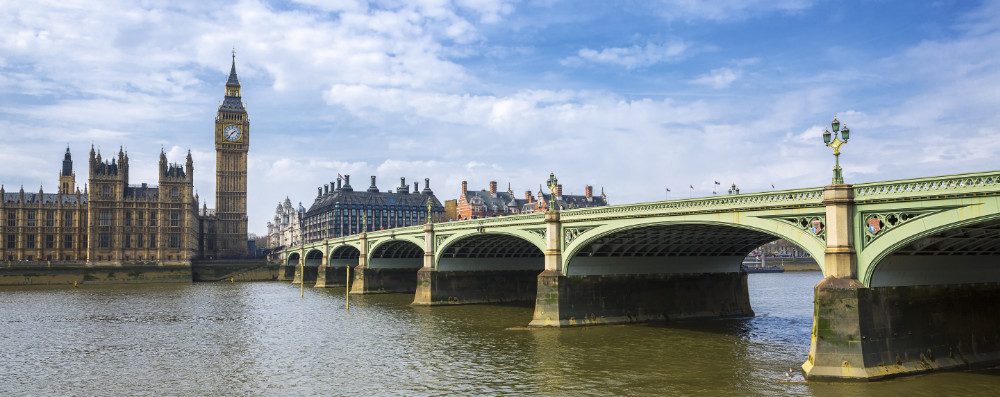Today’s Budget brought some hope for those in Yorkshire affected by adverse weather in recent months, giving the go-ahead to flood defence projects across the region.
Sally Thomas, a partner at Saffery Champness Chartered Accountants in Harrogate, had predicted that flood relief would be on the Chancellor’s agenda.
Here she gives her analysis of today’s announcements, from her perspective as a tax specialist.
Multinationals, small businesses and entrepreneurs
Going forward businesses that trade in the UK must pay tax here, however with a reduced rate of tax.
To avoid profits being sucked out of the UK, tax relief on interest will be capped from April 2017 and more will be drawn into withholding tax on royalty payments regime. In addition, the use of losses will be curtailed to ensure that larger companies pay tax on least half of their profits.
UK companies will welcome the highly unexpected additional corporation tax cut to 17% by 2020. However, as always there is a sting in the tail as the Chancellor had already announced an alignment of tax payment dates for large companies to when profits are earned, having a major cash flow impact on companies. Although the good news is that the introduction of this has, been delayed.
Small businesses will be nervous that the Chancellor wishes to have a fundamental reform of business tax system. Whilst a low tax regime is promised and to be welcomed, this will lead to uncertainty in the short term and, potentially, added complexity.
The chancellor has clearly hoisted the white flag in relation to the Air BnB generation. He has accepted that it is extremely difficult to tax online micro-entrepreneurs and so at the smaller end he has granted them an allowance of £1,000 per year for trading profits. It will be interesting to see whether this is extended over the years or whether he clamps down on those whose profits are over the £1,000 threshold.
With the increase in dividend tax rates from 6 April 2016 the chancellor also took the opportunity to increase the tax rates on loans that entrepreneurs have taken from their company, from 25% to 32.5%. Whilst unwelcome for many entrepreneurs, this was an inevitable change to deter people from extracting money via loans rather than as dividends.
Simon Theakston, Executive Director of Masham-based T&R Theakston Ltd, added:
The reduction in business rates is bound to welcomed by Britain’s pub landlords. This will encourage investment and jobs in this hugely important sector particularly in the rural economy.
Whilst we were hopeful of a further reduction in beer duty, the Chancellor’s decision to freeze duty is nevertheless also welcome and will be seen as a vote of confidence in the British brewing industry as a whole.
Stamp duty
As part of the continued theme of supporting small businesses the new style of stamp duty on residential property is being extended to the commercial sector. This change takes place from tonight and will remove artificial barriers in the property market.
There will now likely be a scramble amongst lawyers to exchange on properties this evening where the purchasers are faced with paying more stamp duty as a result.
The new, higher, 3% stamp duty rates for additional properties have been confirmed to come in from 5 April 2016, but these will now apply to larger investors as well; those who may have been hoping that the Chancellor had overlooked a loophole to exempt large scale landlords will doubtless be disappointed.
Insurance
Mr Osborne announced a 0.5% increase in insurance premium tax, which, while not sounding much, will be welcome by those who live in flood prone areas – or like certain biscuits made in Carlisle and who have had to wait for their favourite snacks whilst the factory dries out.
CGT
Cutting headline CGT from 28% to 20% – and from 18% to 10% for lower earners – will be a shock to many. Those who have just sold assets will find the news galling, but it will be hugely welcome to people anticipating sales. As in previous Budgets, the Chancellor has made sure that buy to let landlords cannot benefit from tax reliefs and so the higher rates remain on residential property that do not qualify for main residence relief.
The Chancellor went even further, with CGT cuts extending 10% Entrepreneurs’ Relief for long term gains to those who have invested in non-listed small businesses, but don’t work there. Strict conditions need to be met, but this is a big tax cut for those investing in the future of UK plc.
Lifetime ISAs and the personal allowance
Those under 40 in April 2017 will have a new flexible way to save. The new lifetime ISA can be used for retirement as well as to save for a new home, with the Treasury contributing £1 for every £4 that goes in – up to £5,000 gross per year. The cash can be extracted tax-free post-60, but one might wonder whether this is softening the public before the removal of the more generous reliefs on pensions in due course.
The march towards the £12,500 personal allowance in 2020 continues, but at a higher speed than expected. The increase in the personal allowance to £11,500 from April 2017 will mean more tax home pay for many. At the same time many thousands more will be removed from the 40% income tax rate by an increase to the higher rate threshold to £45,000 at the same time. Again, another move to the magical £50,000 that we have often heard about from the Chancellor.






